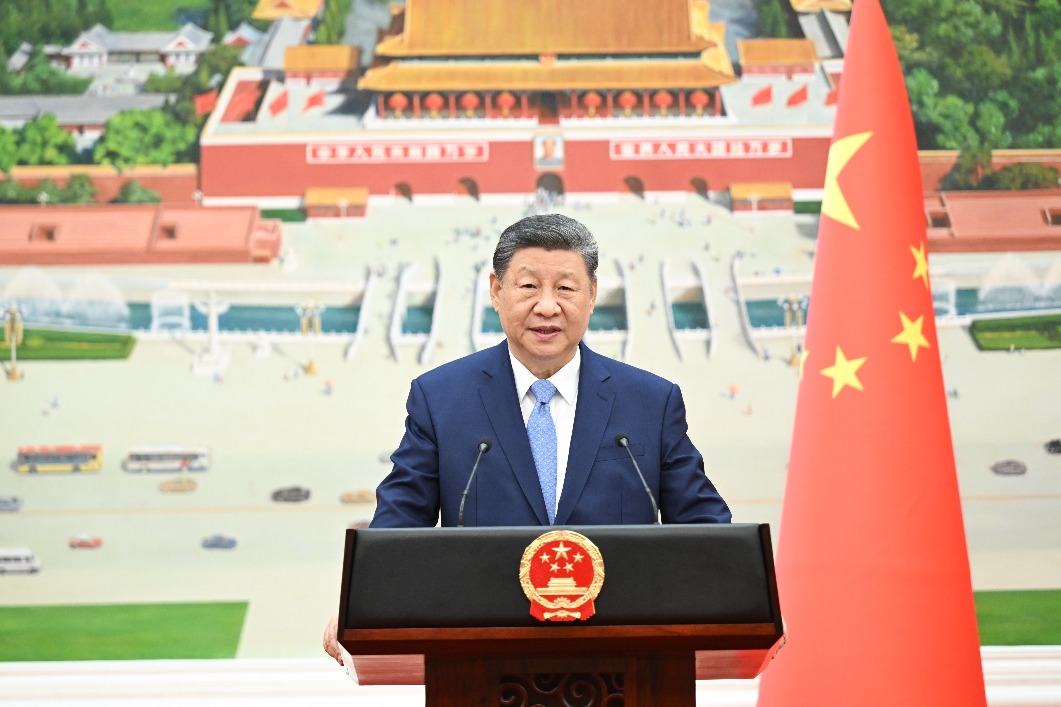Seeking Happiness for People: 70 Years of Progress on Human Rights in China

The principles of universality, equality, direct election, indirect election, and competitive election are applied. All citizens who have reached the age of 18 have the right to vote and stand for election, regardless of ethnicity, race, gender, occupation, family background, religious belief, education, property status, or length of residence, except persons deprived of political rights in accordance with the law. In line with the national conditions and reality, China has improved the election system to gradually ensure that both rural and urban areas have the same proportion of deputies from the represented population in elections of people's congress deputies, and that all regions, ethnic groups, and sectors of society have a certain proportion of deputies. In the elections of deputies to the people's congresses at county and township levels beginning in 2016, more than 1 billion constituents cast votes for nearly 2.5 million deputies.
Orderly development is seen in community-level democracy. A community-level self-governance system, featuring self-governance by urban and rural residents, and democratic election, consultation, decision-making, management, and supervision, is now in place and continues to improve.
China protects people's rights to know, to participate, to express, and to supervise. A mechanism through which public opinion is consulted in drafting laws has been set up and improved. Transparency of administrative work of the government is enhanced, and the channels for public participation in legislation and major administrative decision-making are constantly broadening. By 2018 the state legislatures had solicited public opinion on 172 draft laws, receiving 5.1 million comments from 150 million people.
A mechanism in which decisions are made in accordance with the law has been improved. This takes public participation, expert discussion, risk assessment, review of legality, and group discussion as legal procedures in major administrative decision-making, so as to make decisionmaking more reasonable, democratic and law-based. Democratic consultation is applied extensively as a mechanism at multiple levels. The content and procedure of consultation are regulated, and the forms, frequency, and effect of consultation are extending and increasing. Extensive consultation is conducted on matters concerning overall economic and social development and related to the vital interests of the people. By March 2019, the National Committee of the Chinese People's Political Consultative Conference (CPPCC) had received 141,807 proposals and 130,299 of them were placed on file, published and transmitted 12,096 samples of public opinion, and adopted and carried out most of the proposals.































